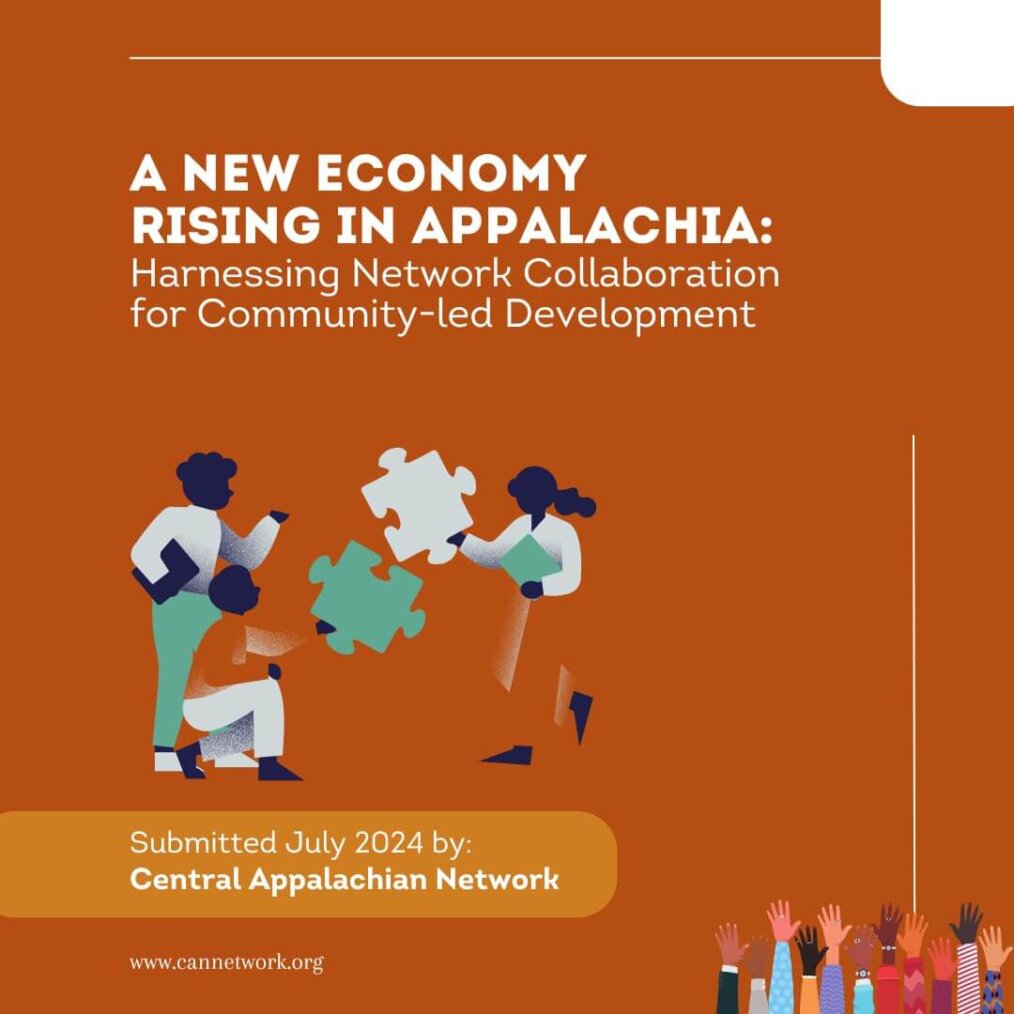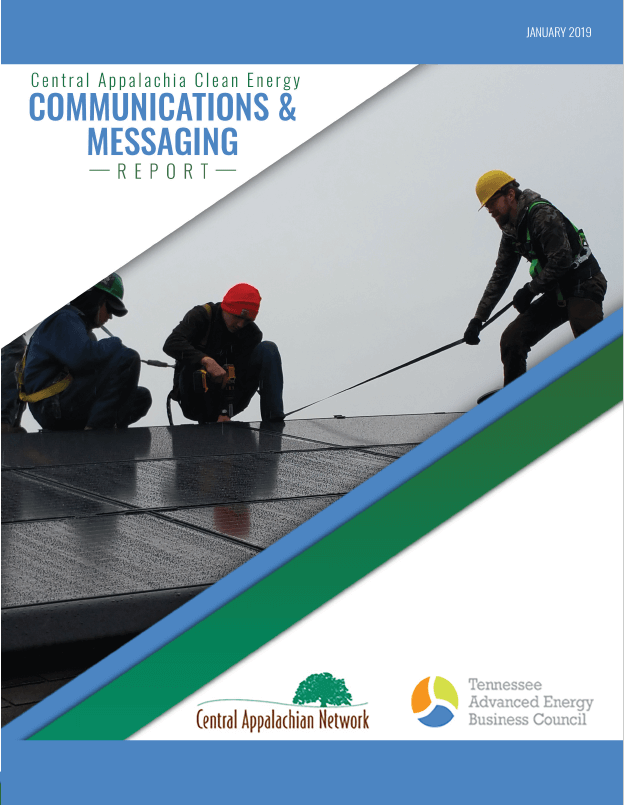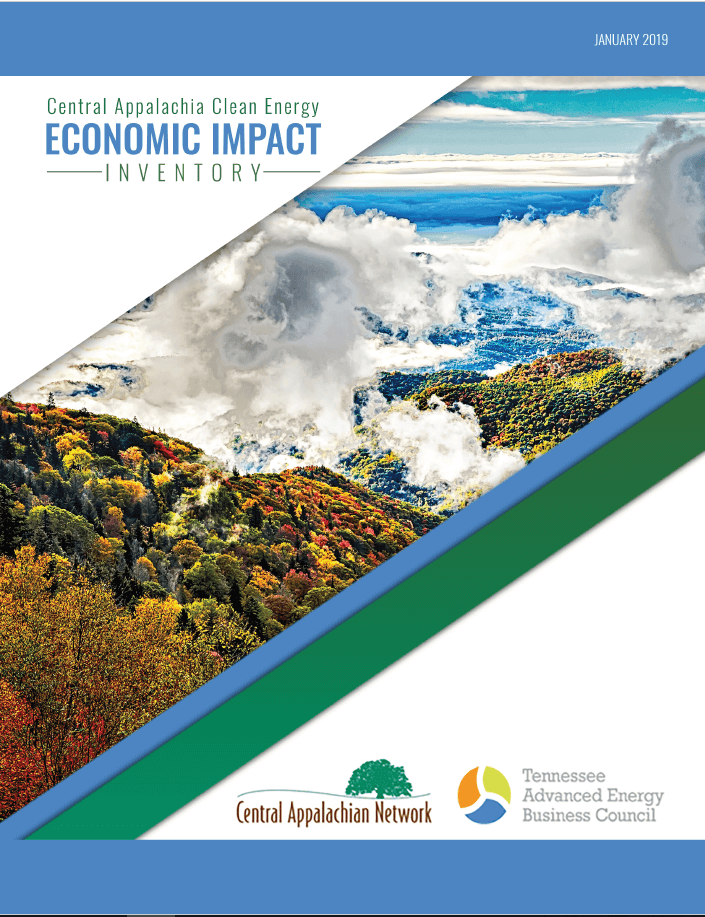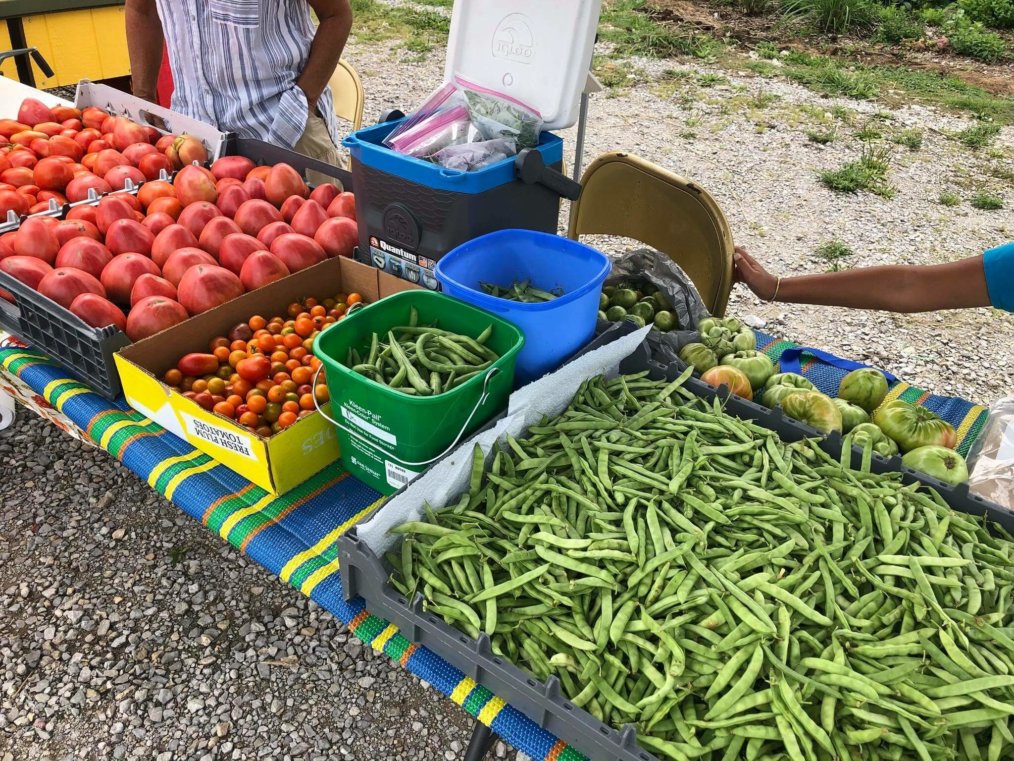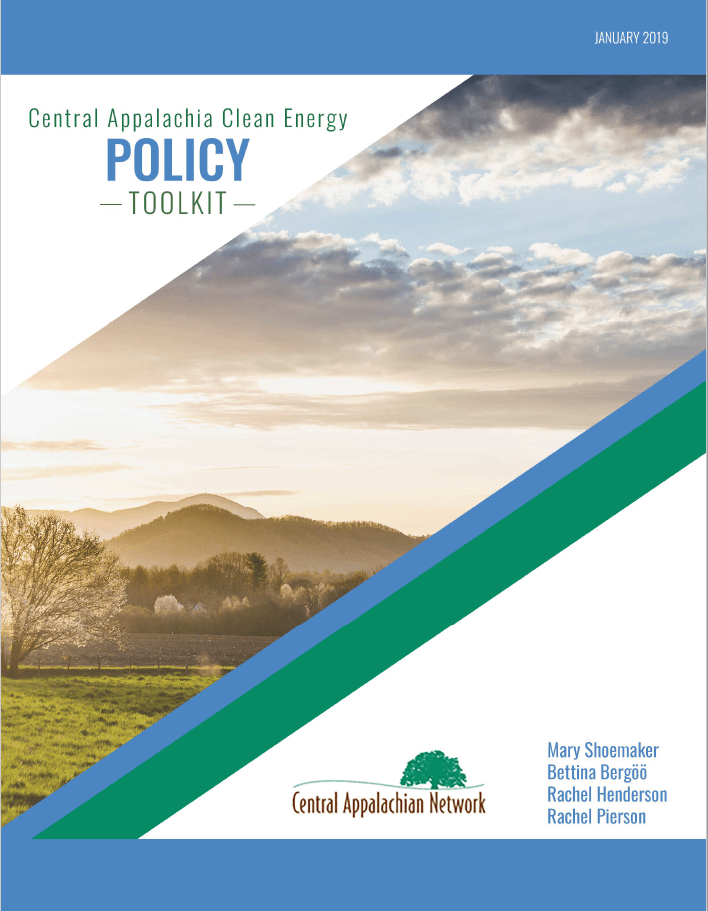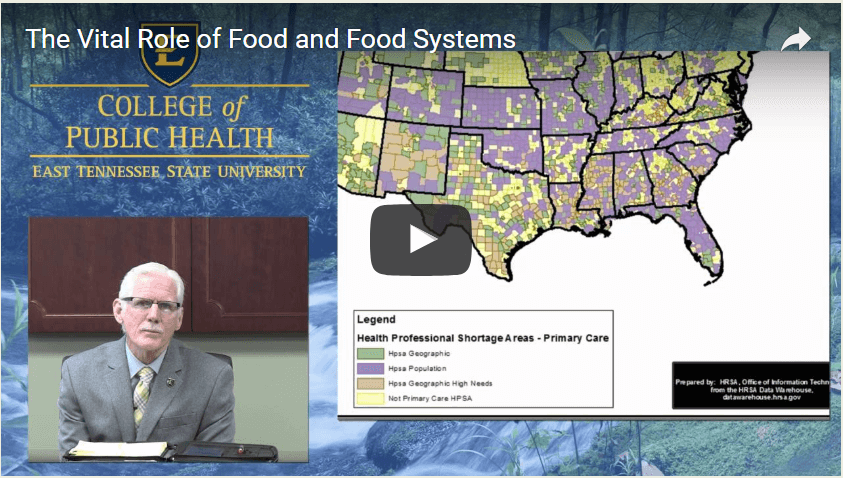A New Economy Rising in Appalachia: Harnessing Network Collaboration for Community-led Development The Central Appalachian Network is pleased to release this white paper which explains why and how CAN why and how CAN exists to meet the economic and wellness needs of Central Appalachia. Dig in to read more! About this Document This white paper […]
CLEAN energy development in Appalachia is an important part of the REGION’S transition to a more just, sustainable, and resilient economy. Investment is a major barrier to an otherwise promising solar sector. What can be done? This white paper examines the current barriers to investment and proposes a focus on “catalytic capital” to unlock more solar investment in the region and accelerate the clean energy sector in Appalachia.
The future of clean energy in Appalachia depends in large part on collective buy-in from diverse parties – from state regulators and local community members, to utilities and workforce development networks. Advocates are in need of a common language and message that resonates across the board and unifies these vested interests behind clean energy. To that end, CAN’s Clean Energy Practitioner Network commissioned the Tennessee Advanced Energy Business Council (TNAEBC) to develop a best-practices guide to clean energy advocacy.
The Central Appalachia Clean Energy Economic Impact Inventory is a comprehensive log of economic impact data on clean energy in the region. It features detailed analyses of data gaps and recommendations for CAN to capitalize on identified opportunities.
The joint Food & Ag Systems Working Group between CAN and the Appalachia Funders Network worked together to conduct and publish six case studies of projects at the intersection of food access and health. Several members of the Funders Network funded the work to document and highlight lessons from innovative projects around the region, and CAN […]
Central Appalachia’s emerging clean energy economy has potential benefits for economic development, job creation, community resilience, and sustainability. Yet, the policy context at the state, local, and regulatory level is critically important to this emerging market. This policy analysis toolkit from the Clean Energy Leadership Institute (CELI) looks at the region’s policy landscape and provides a set of recommendations and priorities to guide future policy change and advocacy efforts in Appalachia.
Authored by the Appalachian Foodshed Project for CAN and the Food & Ag Systems Working Group of the Appalachia Funders Network, this report provides state-level data snapshots related to food, agriculture, poverty, and health of the Central Appalachian region and suggests approaches to creating and utilizing data as a means of understanding and addressing food, […]
Central Appalachia’s public health disparities are staggering compared with the rest of the country. However, this data-driven analysis and video presentation by Dr. Randy Wykoff, Dean of the ETSU College of Public Health shows that there is great potential to impact the major health factors of social determinants and behavior. Education outcomes, public health, and […]
CAN partnered with the MIT Keeping Wealth Local Clinic to produce this exciting report on place-based branding strategies for food systems. The report includes an overview of branding theory, a series of case studies of place-based food brands from within Central Appalachian and outside of the region, and an analysis of lessons learned and recommendations […]

